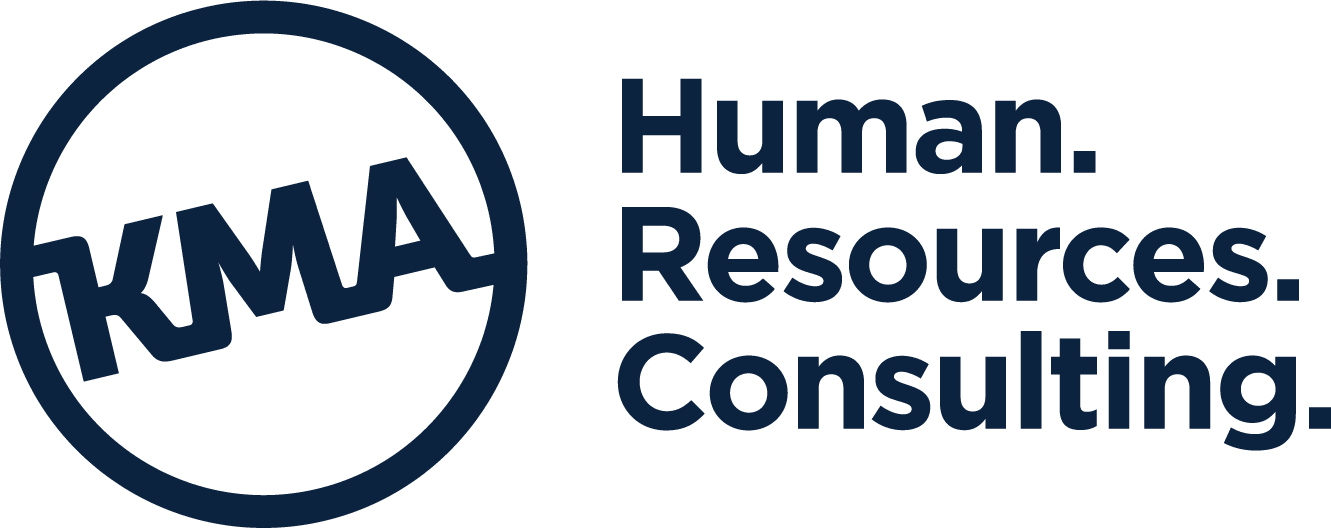As we continue to monitor developments with the coronavirus, everyone is understandably concerned. Here are some general employment practices, procedures, and resources for business leaders as we continue to analyze this emerging situation.
Strategies to Consider
Employers should be ready to implement strategies to protect their workforce from COVID-19 while ensuring continuity of operations. As good general practice for health and wellness at all times, and during a possible COVID-19 outbreak:
- Encourage sick employees to stay home.
- Practice respiratory etiquette and good hand hygiene.
- Perform routine cleaning of commonly touched surfaces regularly.
- Advise employees on appropriate steps for travel.
In addition, employers should be prepared for an outbreak and have a plan in place that addresses employee communications and policies, considering employee safety and wellness along with impacts on business operations and the workforce.
The Occupational Health and Safety Administration and the Centers for Disease Control have resources and information for employers, including guidance for risk assessment and industry specific and business traveler measures.
Guidance and free consultation for employers:
Protecting Workers from a Pandemic (PDF)
Interim guidance for businesses and employers to plan and respond to coronavirus disease 2019 (COVID-19), February 2020:
Guidance for Risk Assessment and Planning
Infectious Disease Outbreak Response Plan
The Centers for Disease Control offers the following recommendations for creating an Infectious Disease Outbreak Response Plan:
- Identify possible work-related exposure and health risks to your employees.
- Review human resource policies to make sure that procedures and practices are consistent with public health recommendations and existing state and federal workplace laws.
- Explore policies and practices, such as flexible worksites (telecommuting) and flexible work hours (staggered shifts), to reduce exposure among employees and between employees and others if state and local health authorities recommend the use of social distancing strategies. Ensure that you have the information technology and infrastructure needed to support multiple employees who may be able to work from home.
- Identify essential business functions, essential jobs or roles, and critical elements within your supply chains (e.g., raw materials, suppliers, subcontractor services/products, and logistics) required to maintain business operations. Plan for how your business will operate if there is increasing absenteeism or these supply chains are interrupted.
- Set up authorities, triggers, and procedures for activating and terminating the company’s infectious disease outbreak response plan, altering business operations (e.g., possibly changing or closing operations in affected areas), and transferring business knowledge to key employees. Work closely with your local health officials to identify these triggers.
- Plan to minimize exposure between employees and also between employees and the public if public health officials call for social distancing.
- Establish a process to communicate information to employees and business partners on your infectious disease outbreak response plans and latest COVID-19 information. Anticipate employee fear, anxiety, rumors, and misinformation, and plan communications accordingly.
- In some communities, early childhood programs and K-12 schools may be dismissed, particularly if COVID-19 worsens. Determine how you will operate if absenteeism spikes—from increases in sick employees, those who stay home to care for sick family members, and those who must stay home to care for children if dismissed from school. Businesses and other employers should prepare to institute flexible workplace and leave policies for these employees.
- Local conditions will influence the decisions that public health officials make regarding community-level strategies. Employers should take the time now to learn about plans in place in each community where they have business operations.
- If there is evidence of a COVID-19 outbreak in the US, consider canceling non-essential business travel to additional countries per travel guidance on the CDC website.
-
- Travel restrictions may be enacted by other countries which may limit the ability of employees to return home if they become sick while on travel status.
- Consider cancelling large work-related meetings or events.
- Engage state and local health departments to confirm channels of communication and methods for dissemination of local outbreak information.
For More Information
See the following OSHA and CDC websites for more information, resources, and updates:
OSH COVID-19 INFO
We’re Here to Help
If you have questions or need assistance with this or other employment issues, contact KMA today!
[widget id=”black-studio-tinymce-9″]
